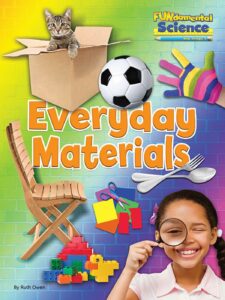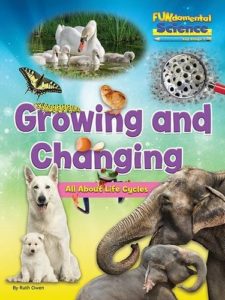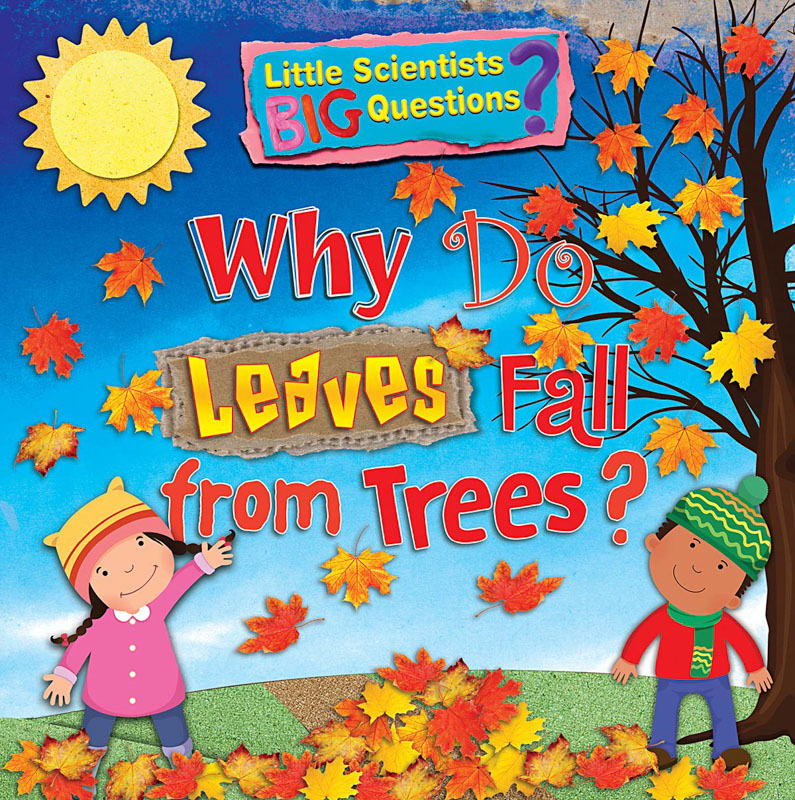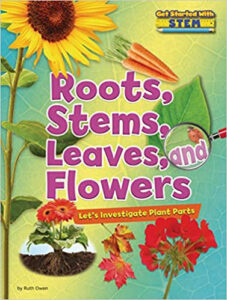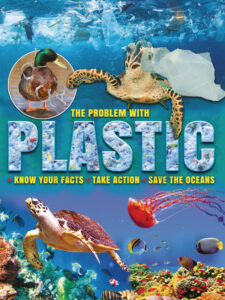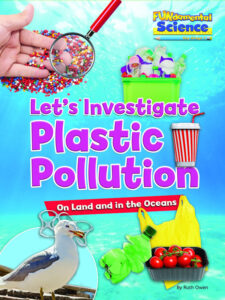In this title, readers will investigate materials (including wood, metal, plastic, glass, rock and wool) and everyday objects using science. What are trainers, footballs, coins, drink cans and even skyscrapers made of? What properties make different materials suitable for different jobs? And how are paper, steel, glass and rubber made? Look for the download button throughout the book. It shows there are free downloadable worksheets and other resources available for that topic.
Menu
- New Books
- Booklists by Topic
- History
- Ancient Civilizations: Shang, Sumer, Indus
- Ancient Egypt
- Ancient Greece
- Anglo-Saxons
- Black British History
- Black History, Black Lives & Anti-Racism
- Castles & Knights
- Crime & Punishment
- Fire of London
- Moon Landings
- Queen Elizabeth II
- Romans
- Stone Age to Iron Age
- Titanic
- The Maya
- The Middle Ages
- Tudors
- Victorians
- Vikings
- World Civilisations: Benin, Early Islamic Civilisations
- World War I
- World War II
- Geography
- Africa
- Awesome Planet Earth
- Environmental Sustainability
- Frozen Worlds
- Houses, Homes and Buildings
- India
- Mountains and Volcanoes
- Natural Disasters
- Oceans & Seas (KS2)
- Plastic Pollution
- Rainforests
- Rivers, Coasts and Water Cycles
- Rocks, Soils and Fossils
- Seaside
- Transport and Travel
- Under the Sea (KS1)
- United Kingdom
- USA
- Science, Maths & Computing
- Diversity & Inclusion
- Diverse & Inclusive Books for EYFS
- Diverse & Inclusive Books for KS1
- Diverse & Inclusive Books for Lower KS2
- Diverse & Inclusive Books for Upper KS2
- Black British History
- Black History, Black Lives & Anti-Racism
- Books With Minority Ethnic Characters
- Cultural Diversity
- Books Featuring Limb Difference
- Weather and Seasons
- Computing, Gaming & Coding
- Internet Safety
- Maths
- Literacy & Reading
- PSHE, Emotional Literacy & Citizenship
- Emotional Literacy & ELSA
- Anti-Bullying
- Mental Health
- Healthy Humans (KS2)
- All About Me
- Growth Mindset
- Environmental Sustainability
- Plastic Pollution
- Refugees & Immigration KS1
- Refugees & Immigration KS2
- Politics & Democracy
- Empathy
- Books About Friendship
- Bereavement & Loss
- Y6 Transition
- Class Transitions
- Starting School
- Back to School Picturebooks
- Internet Safety
- Books About Germs, Handwashing & Viruses
- Books About Kindness
- Inspirational Real Life Stories
- Arts & Sport
- EYFS Topics
- History
- Booklists by Age
- Reading for Pleasure
- Seasonal Booklists
- Resources
- Blog
- About Us
- Buy Our Books
- FAQs
- Contact Us
- Member Area







